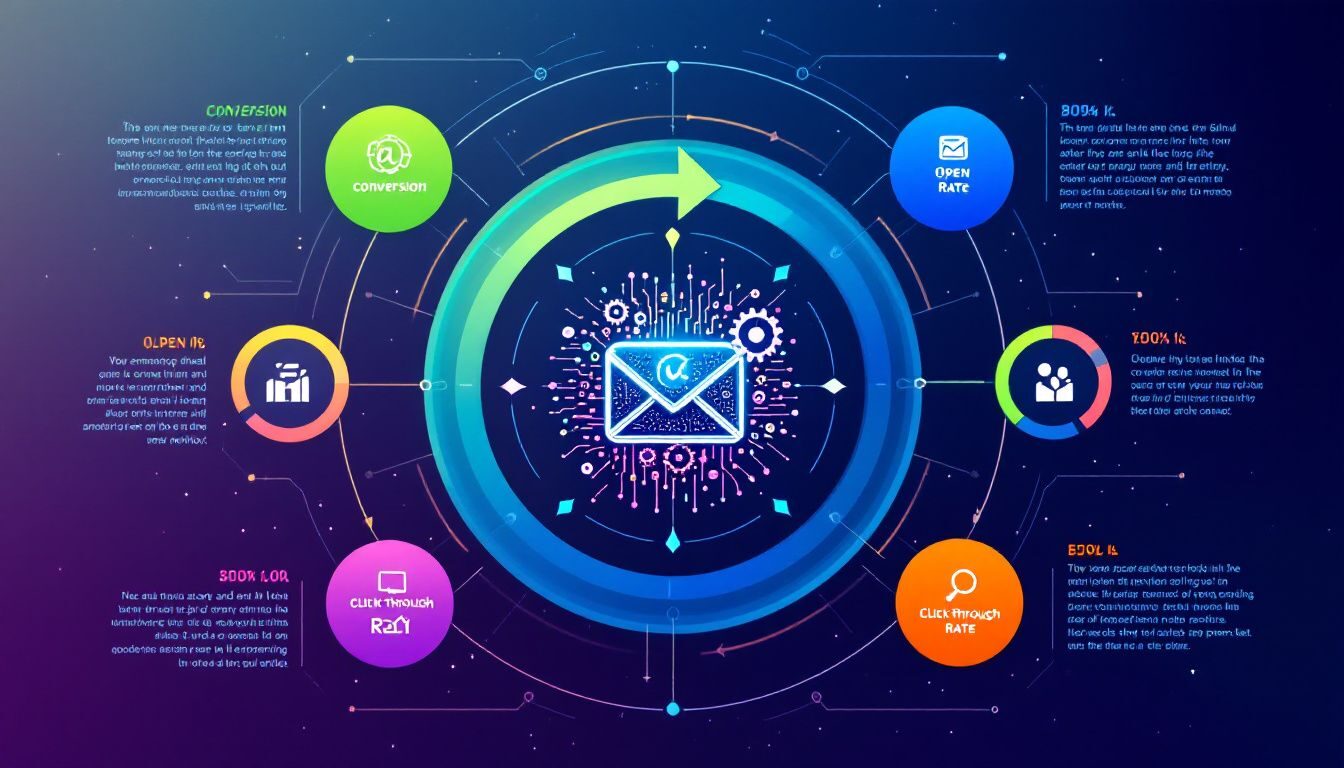
7 Ways to Avoid an Email Blunder
Have you ever quickly sent off an email and were mortified to discover an error after you’d hit send? We’ve all been there and in order to avoid that awful feeling, we’ve created an handy list of seven ways to avoid an email blunder. Here’s what to do before you hit send.
1. Get permission
If you’re sending an email with say, customer quotes, or a newsletter in which you’re writing about another person, have you gotten their permission first? Business relationships take work to build and maintain, and the loss of trust from sharing what was supposed to be a private story publicly without permission can be difficult to rebuild. Play it safe by asking first; there may be factors at play of which you are unaware.
2. Make sure your images are legal to use
Just because you have attribution and a back link to a site where you’ve obtained an image doesn’t mean you’re in the clear. Unless you have permission to use an image, you could risk a fine or have your site shut down. Wikimedia Commons and morgueFile provide copyright-free images you can use in your blog posts and online articles. iStock Photo will sell them to you at a reasonable fee. If you’ve got a bit of a budget, you can get a subscription to ThinkStock, Getty Images or other similar services.
3. Double-check your hyperlinks
It’s easy to go in and fix a broken hyperlink in a blog post, but after you’ve hit send on an email, it’s often too late. Make sure to double-check all of your hyperlinks to ensure they work properly. Doing this as close to your send time as possible is preferable, so that you’re not linking to a YouTube video that’s already been privatized or removed due to copyright infringement.
4. Check your font and font size
Accidentally cutting and pasting from various sources sometimes leads to mismatched text. In general, it’s a good idea to type into a text editor rather than, say, a Word document, which sometimes adds unnecessary formatting. In any case, double-check your font and font size, and even font color, to make sure everything is consistent before hitting send.
5. Check for typos
News flash: It’s not easy proofreading your own writing, but there are a few strategies that can help. One involves taking some time away from the email or newsletter so that you’re a little more detached when viewing. Or, try reading your entire email out loud. This will help you find errors you may have missed. If you’ve got a co-worker with a good eye, ask them to proofread your message. Getting an extra set of eyes is priceless for avoiding unnecessary errors. And fortunately, there are multiple tools online that can help you with your proofreading efforts with a human eye (which is more effective than spellcheck). If you use the collaborative software program Draft to compose your messages, you can pay a small fee to have your work proofread under a strict NDA. Revision Fairy is another option.
6. Check your subject line
We’e discussed the importance of having a compelling, clickable subject line, but length is important, too. If your readers are checking their email on the way to work, or taking a quick glance at their smartphones on the way to a meeting, they’re not going to see your entire subject line unless you keep it short. If possible, stick to 30 characters or less. When you can’t do that, make sure that the first 30 characters make sense even when your subscribers can’t see the rest.
7. When scheduling an email, check your AMs and PMs
It’s always good to test various times of days to send your email, but make sure you’re doing it deliberately. Double-check your AMs and PMs when you’re scheduling your email, so you’re not inadvertently sending something at 2 in the morning when you were hoping to catch your readers in the early afternoon. Also be considerate of your time zone. If you’re sending an email at 5 pm Pacific time, your east coast friends may not engage with it like you want them to.
Have any other things you like to check and double check before you hit send? Share with us.
Want more marketing tips and advice? Get the VR Buzz delivered daily to your inbox.
© 2014, Contributing Author. All rights reserved.



